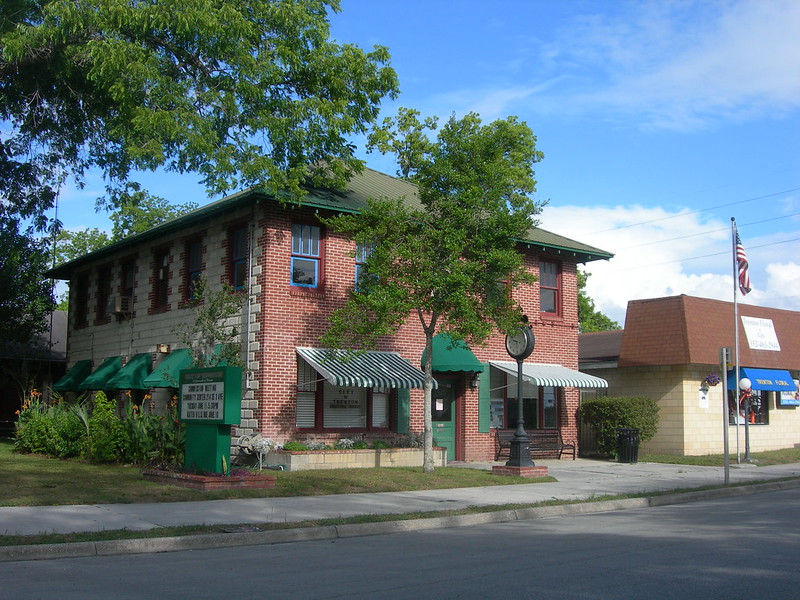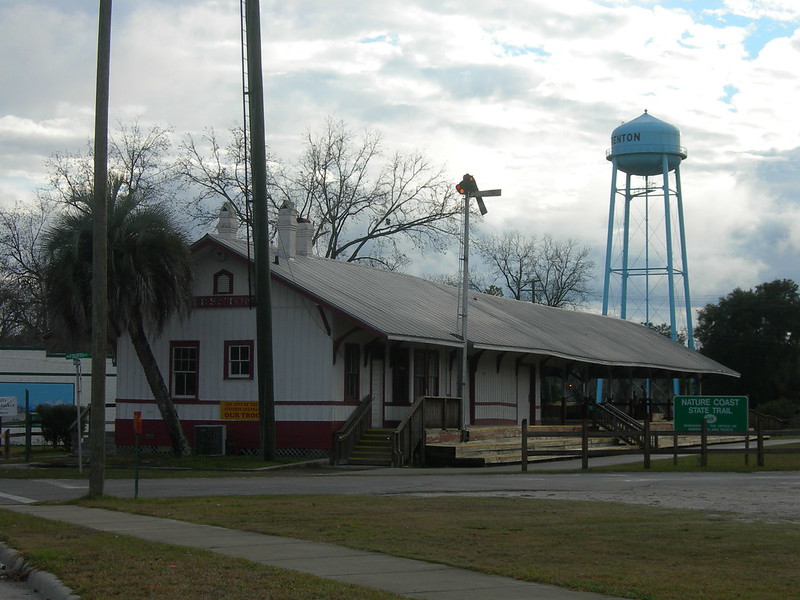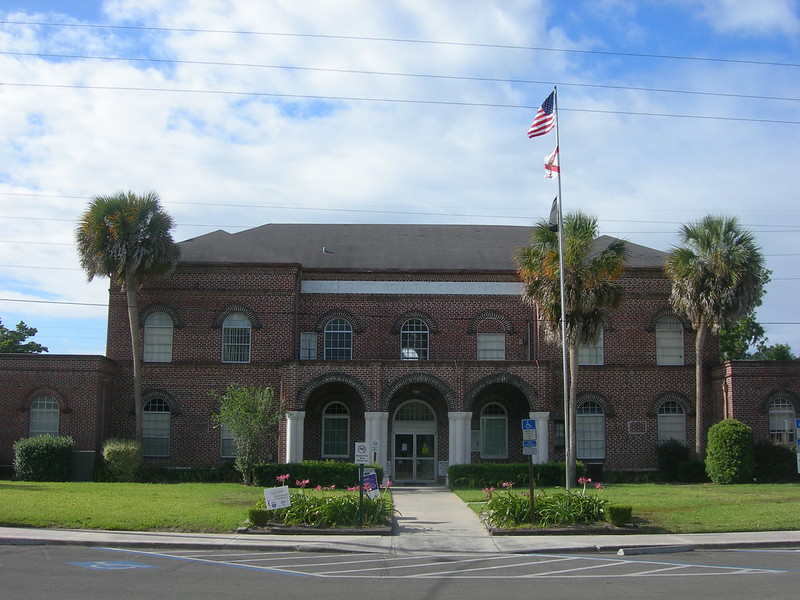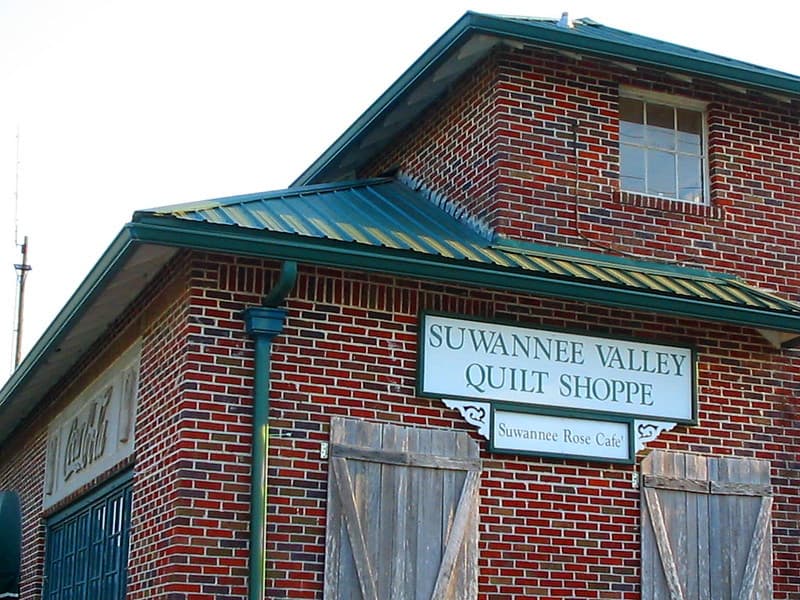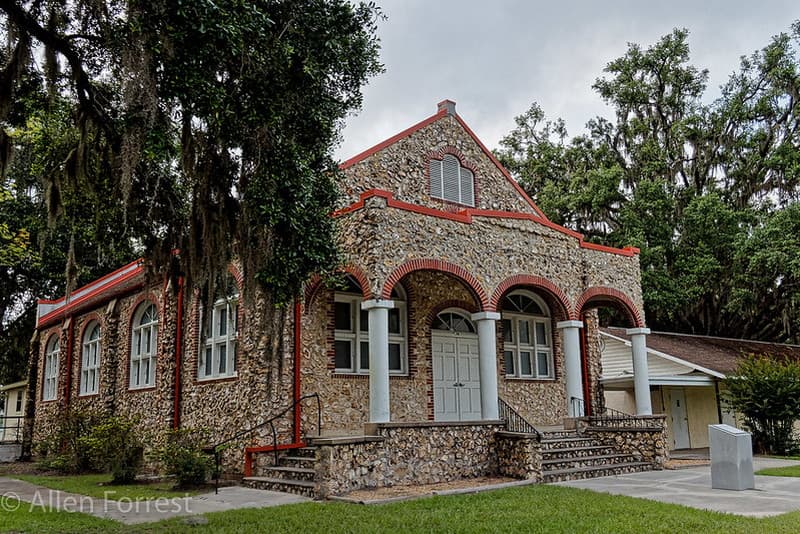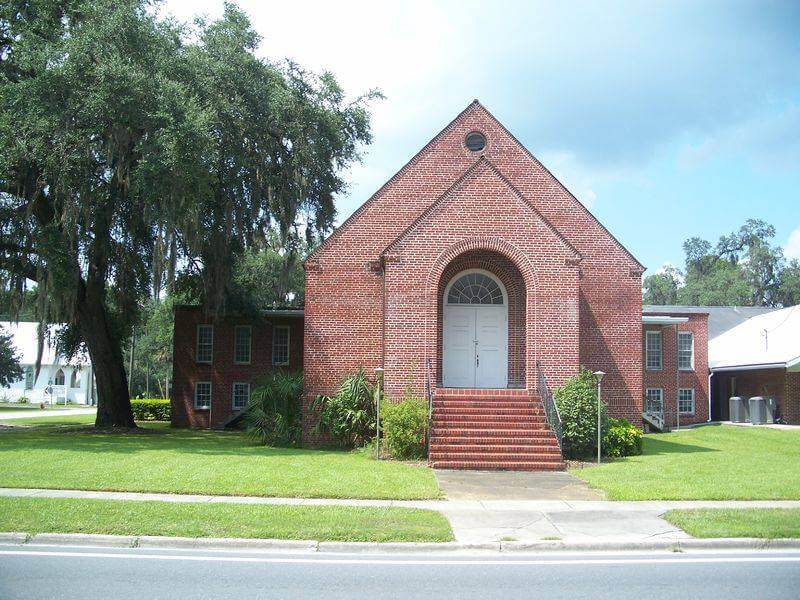- Home
- Florida Towns
- Trenton
TRENTON FLORIDA
By Mike Miller Updated February 15, 2025
Trenton Florida Things To Do, Lodging, Dining, & Real Estate At End Of Article
Trenton Florida is a small city of about 2,200 people about 30 miles west of Gainesville. It is the seat of government of Gilchrist County.
It is located at the intersection of US-129 and State Road 26.
HISTORY OF TRENTON FLORIDA
Trenton was named by Ben Boyd, a Confederate veteran and early pioneer, for his home town in Tennessee.
The soil is rich in the area and it became known for its agricultural products and farms. Watermelons, cotton, pulpwood and turpentine were some important products from the area.
The railroad came to Trenton in 1906 and this led to growth and prosperity. The town was granted a charter by the state in 1908.
The residents of the Trenton area and the western part of Alachua County became frustrated and felt neglected by the Alachua County Board of Commissioners.
They took a vote and were allowed to form a new county in 1925.
They named it Melon County, but not long after the death of former Florida Governor Albert Gilchrist, they changed the county name to honor him.
It was the last county formed in Florida.
TRENTON FLORIDA TODAY
Trenton is still a small town and Gilchrist County is one of the smallest in the state. Agriculture is still important to the area.
The only traffic light I've ever seen in the entire county is at the intersection of State Road 26 and U.S. Highway 129 in downtown Trenton.
The downtown neighborhood has a fair number of interesting shops and restaurants.
There are some small light manufacturing businesses, dentists, doctors, a pharmacy, grocery market and other enterprises that are surprising for such a small town.
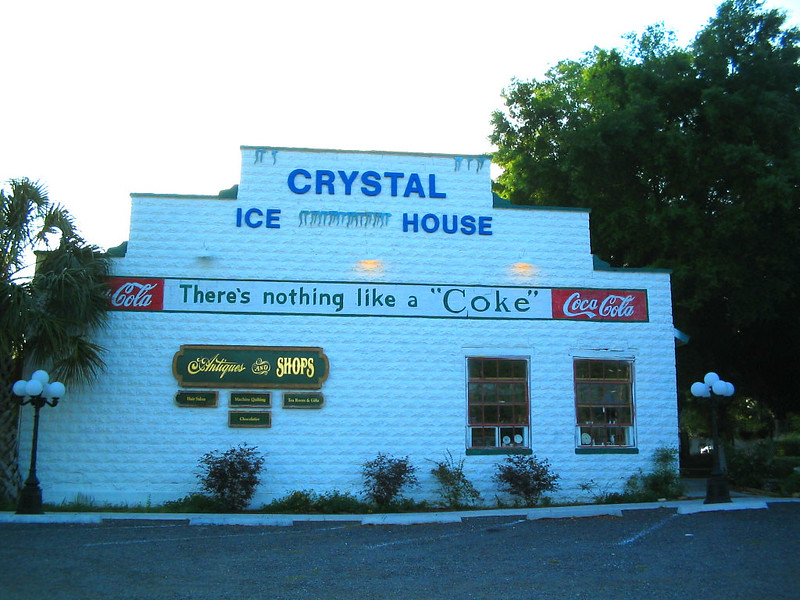 Vintage Ice House
Vintage Ice HouseFlickr/BEV Norton
There are also a fair number of well preserved historic homes and buildings in Trenton.
Some examples include the Gilchrist County Jail, the First Baptist Church, the Trenton depot, the county courthouse and the old Trenton Church of Christ.
Trenton is not a gentrified town. It has developed gradually over the years, and is a real place where real people live and work.
Otter Springs Park and Campground is a local attraction that draws people from all over this part of the state. It is a 636 acre privately owned park and campground.
One of the main attractions at the park is Otter Springs itself, a natural spring with a flow of 10 million gallons of pure water each day at an average temperature of 73 degrees.
The spring forms a large clear pool and a stream that flows into the Suwannee River. People enjoy hiking, camping, bird watching and swimming.
THINGS TO DO IN TRENTON FLORIDA
Trenton's Train Depot
111 NW 4th Ave, Trenton, FL 32693
Step back in time at Trenton's historic Train Depot. Restored to its former glory, the depot now serves as a fascinating museum showcasing Trenton's railway history and its impact on the region's development.
It’s a must-visit for history buffs and anyone interested in the golden era of rail travel. The surrounding area, with its quaint streets and period architecture, provides a picturesque backdrop for a leisurely stroll.
Fanning Springs State Park
18020 NW US-Hwy 19, Fanning Springs, FL 32693 | (352) 463-3420
Just about 10 miles from Trenton, Fanning Springs State Park is a natural oasis offering crystal-clear springs, lush nature trails, and abundant wildlife.
Whether you're interested in swimming in the refreshing waters of the spring, kayaking along the tranquil Suwannee River, or picnicking under the shade of ancient oaks, the park provides a perfect setting for outdoor adventure and relaxation.
It’s a favorite destination for those looking to immerse themselves in the natural beauty of North Central Florida.
Hart Springs Park
4240 SW 86th Ave, Bell, FL 32619 | (352) 463-3444
Another natural treasure about 12 miles from Trenton, Hart Springs offers over 70 acres of scenic beauty, including one of the largest spring-fed swimming areas in the state.
The park also boasts a boardwalk that winds through the cypress trees, offering stunning views and opportunities for bird watching. It’s an ideal spot for a family outing or a serene day spent reconnecting with nature.
Suwannee Valley Quilt Festival
Downtown Trenton, Trenton, FL 32693
Celebrate Trenton's rich quilting heritage at the Suwannee Valley Quilt Festival, Florida's largest outdoor quilt show. This annual event transforms the streets of Trenton into a vibrant showcase of quilting art.
It features displays, demonstrations, and vendors from across the region. It’s a highlight for quilters and art enthusiasts alike, offering inspiration, creativity, and community fellowship.
Old Gilchrist County Jail
313 NW 2nd St, Trenton, FL 32693 | (914) 909-4475
The old county jail is an historic landmark. In the past they offered tours, but I’m not sure if they still do. Erected in 1928, this historic structure served the community until its closure in 1968.
Despite its small size, the jail is rich in stories, from tales of everyday law enforcement to the more mysterious and unexplained events whispered to occur within its walls.
The City of Hawkinsville is a submerged paddlewheel steamboat in the Suwannee River near Old Town, Florida.
It’s a Florida Underwater Archaeological Preserve, the state’s third. The 141-foot vessel lies 100 yards south of the Old Town railroad trestle.
ALL ABOUT TRENTON FLORIDA
TRENTON FLORIDA RESTAURANTS
TRENTON FLORIDA MOTELS/INNS
TRENTON FLORIDA REAL ESTATE
TRENTON, FLORIDA INTERACTIVE GOOGLE MAP

Florida is the fastest-growing state in the United States and also the fastest-changing. If you see anything in this article that has changed or is in error, please let me know.
Thousands of Florida fans subscribe to our free daily Ezine, Florida Heritage Travel and we have 130,000 followers on Facebook.
By Mike Miller, Copyright 2009-2026
Florida-Back-Roads-Travel.com
Florida Back Roads Travel is not affiliated with or endorsed by Backroads, a California-based tour operator which arranges and conducts travel programs throughout the world.
